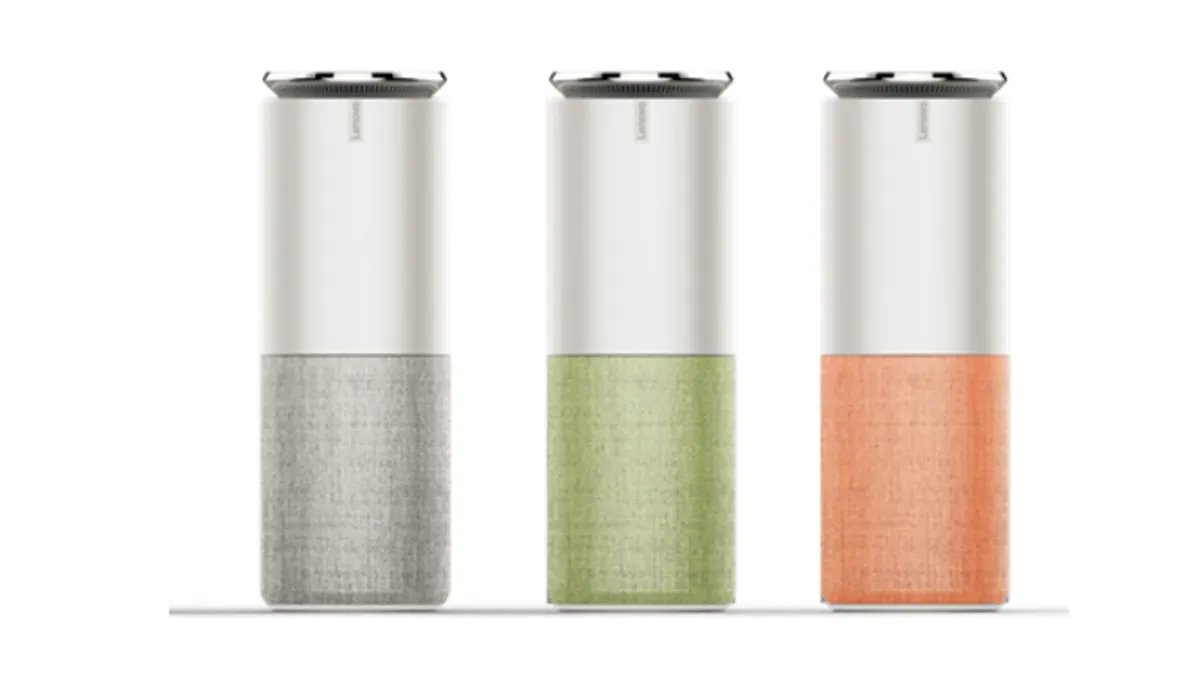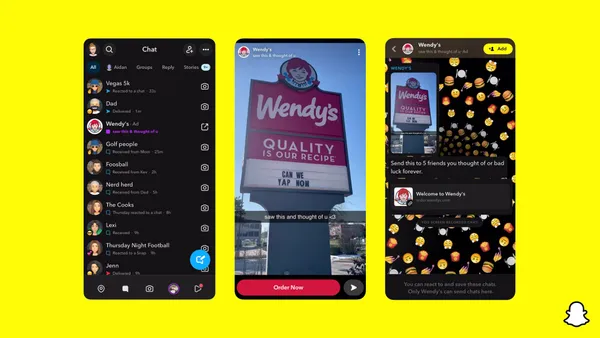Dive Brief:
- Lenovo took advantage of this year’s CES tech trade show to announce a virtual reality headset powered by Microsoft’s Windows Holographic platform, as reported by Tech Times. The gear will compete with existing market leaders like the Facebook-owned Oculus Rift and the HTC Vive.
- The hardware company also announced an Amazon Echo clone called Lenovo Smart Assistant which makes use of Amazon’s Alexa technology, per Engadget.
- The Smart Assistant comes in at a lower price point than the Echo, and it also has an upgrade option for Harman Kardon audio enhancements.
Dive Insight:
Marketers need to be paying close attention to where consumers are spending their time as the digital realm continues to evolve. VR and digital home assistants are two quickly emerging categories, with the Lenovo news suggesting the hardware manufacturer sees a broad enough opportunity to warrant its entry.
One of the standing complaints about a variety of home digital assistants is poor audio and listening capabilities, but Levono's new device might solve that issue with Harmon Kardon upgrades. But the product is also entering a now very crowded market and arguably seems a little redundant given the popularity of the Echo, which similarly uses Amazon Alexa AI. The big selling point here — better audio fidelity — isn't particularly distinct either, as Microsoft's recently announced home device also has Harmon Kardon technology embedded in it.
On the virtual reality front, it seems that the experiential technology's hardware marketplace is continuing to expand beyond early adopters — a trend that started to emerge in the back half of last year. VR hardware was prominently featured in 2016's holiday advertising, and manufacturers are banking on the technology to catch on with the general public going forward.
VR tech comes in two flavors right now — standalone headsets that require a smartphone for display and devices that are tethered to high-powered computers with built-in displays. The Lenovo prototype falls into the second category, although it's reportedly lighter and smaller than devices from competitors Oculus and HTC, suggesting it might not be as confined to particular activities like gaming. Like the digital assistant, it’s also expected to be less expensive than its direct competitors, which might be the real appeal here.














